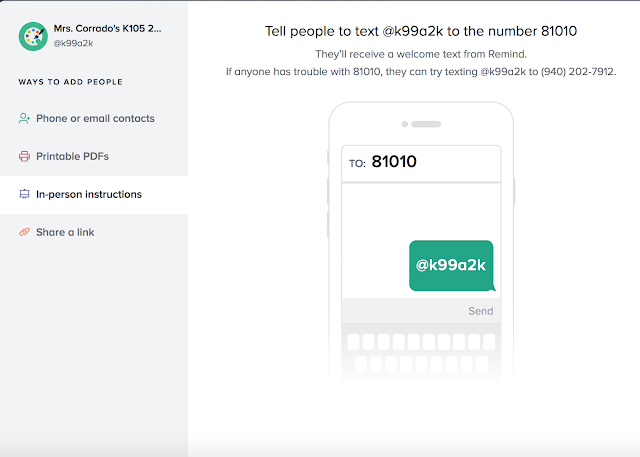The Readings:
Quotes:
- "My students tell me about an important new skill: it involves maintaining eye contact with someone while you text someone else: it's hard, but it can be done.
- "We've become accustomed to a new way of being "alone together."
- "Our colleagues want to go to that board meeting but pay attention only to what interests them."
- "And we use conversation with others to learn to converse with ourselves. So our flight from conversation can mean diminished chances to learn skills of self-reflection."
- "So I say, look up, look at one another, and let's start the conversation."
Michael Wesch, “Crisis of Significance”
Quotes:
- "Visit a classroom and pay attention to the types of questions asked by students. Good questions are the driving force of critical and creative thinking and therefore one of the best indicators of significant learning."
- "Much more common are administrative questions":
- "How long does this paper need to be?"
- "Is attendance mandatory?"
- "or the worst (and most common) of all: 'What do we need to know for this test?'"
- "...education has become a relatively meaningless game of grades rather than an important and meaningful exploration of the world in which we live and co-create."
- "A world map is laid onto a map of the classroom, and students are asked to imagine themselves living in the cultural and physical environment that maps on them.
- "Students work together to help design a two-hour simulation of the last 500 years of world history...""...to recreate the world system."
- "We find ourselves as co-creators of our world, and the future is up to us."
- "It is in this environment that even then worst questions take on all the characteristics of the best: What do we need to know for this test?"
The relationship between Turkle and Wesch stem from the same societal phenomenon: plugging into technology causes a disconnect to interpersonal relationships and skills. Turkle paints a visual image of today's society walking with their heads down alone; yet together, maintaining communication through their technological devices. The result: humans maintaining a lone ranger lifestyle surrounded by family, friends, and colleagues without the ability (or desire) to converse with each other.
Wesch recognizes this occurrence in the University. Students: alone, yet in class. The University is institutionalized by administration and the students burning interest is to discover the answer to the question: "What do I need to know for the test?" The right kind of learning is not happening. Students are not interacting with each other or the content of the classes. They can not relate. Wesch finds a way to connect students with each other and with the content of the class. He provides hands on problems forcing students to learn about the world through collaboration with their devices and each other.



























